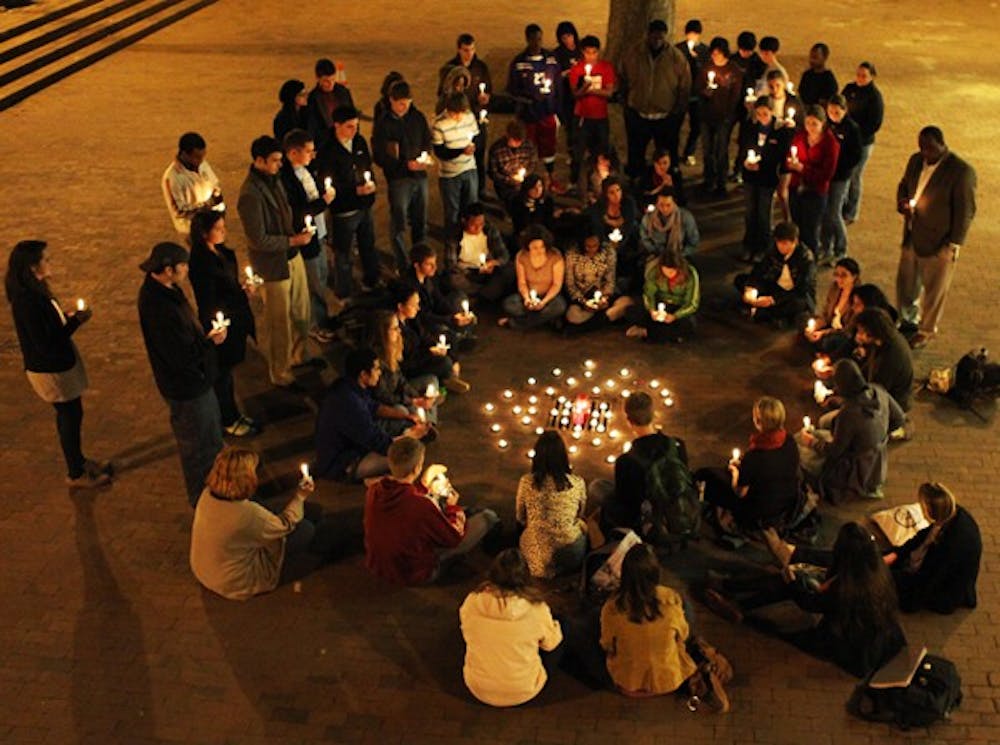UNC Hospitals officials have developed a plan to receive patients transferred from Haiti who need medical assistance after last week’s devastating earthquake.
Whether patients will be transferred to the hospital and when is still uncertain.
“We’re not sure at all,” hospital spokeswoman Stephanie Crayton said.
“As the world is watching this unfold, we’re watching this unfold, too.”
The hospital could treat between 25 and 50 patients, said Dalton Sawyer, director of emergency preparedness and continuity planning.
The magnitude-7.0 earthquake hit Haiti on Jan. 12. The Haitian Red Cross estimates the number of deaths between 45,000 and 50,000.
About 1,700 U.S. soldiers are now in Haiti airlifting emergency supplies and the injured, operating the airport in the capital of Port-au-Prince and helping provide security amid reports of looting and gunfire throughout the city. Another 2,200 Marines arrived offshore Monday, bringing supplies.
Sawyer said he has been receiving calls from the U.S. government and relief organizations for days asking if UNC has the capacity to treat patients if the need arises.
The biggest needs are in pediatric, intensive care and burn units, he said.



